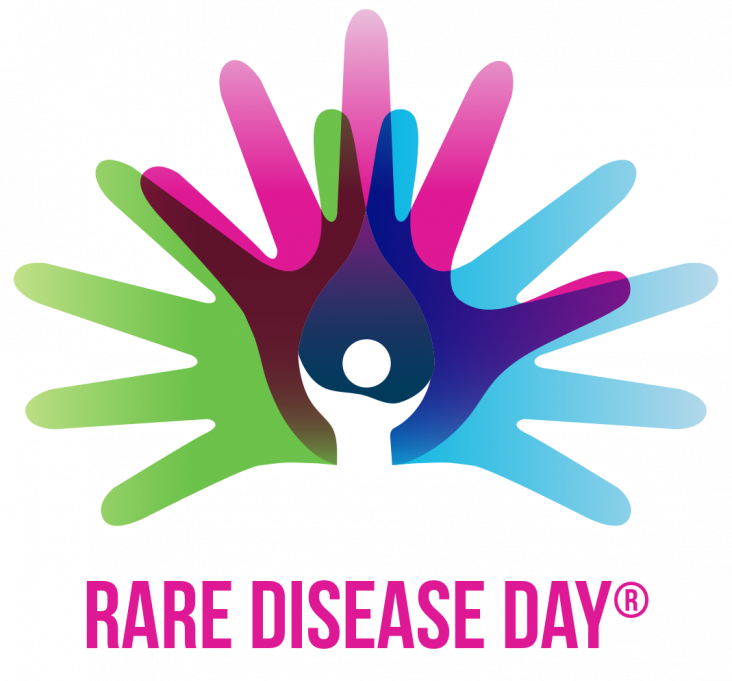Examines whether and how online food delivery improves equity. Indicates that local residents' divergent needs of online and onsite services should be simultaneously accounted for to address the equity issues and improve the service accessibility of socially disadvantaged groups.
Elsevier,
Clinical Decision Support and Beyond (Third Edition)
Progress and Opportunities in Knowledge-Enhanced Health and Healthcare
2023, Pages 707-714
Clinical Decision support provides an effective tool to minimize many of the drivers of health disparities in healthcare. There is promising evidence that these tools can serve to promote equity across the healthcare spectrum supporting SDG 3. However, future iterations require a focus on equity from the start and inclusive and sustainable development, implementation, and evaluation practices.
This Article supports SDG 3 by revealing high levels of household food insecurity among people with disabilities in Brazil. The Continuous Cash Benefit, a social security payment made to people with disabilities, was noted to be an important contributor to food security in this population.
COVID-19 vaccine hesitancy odds increased with experiences of racial discrimination. Social processes in the Increasing Vaccination Model should include racism.
This Study explores the racial disparities that exist in the emergency departments of 4 hospitals, when they are most prevalent, and how patients' sociodemographic characteristics impact image acquisition time, raising awareness for SDGs 3, 9 and 10.
This Study highlights the existing racial disparities in colorectal cancer screening, relative to SDGs 3 and 10, and dives deeper into how social determinants related to zip code tabulation have a further impact.

Rare Disease Day is the globally-coordinated movement working towards equity in social opportunity, healthcare and access to diagnosis and therapies for those living with a rare disease.
This article focuses on listening to new mothers and family to create the right space for the new born with a focus on changes needing to be made to current western type policies.
This Health Policy paper supports SDG 3 and 10 by discussing the situation of Indigenous peoples of Canada in the context of "opt out" organ donation in Novia Scotia, the first area in North America to pass such legislation. The paper explores the potential impacts and issues of such legislation on Indigenous peoples, and makes a series of recommendations which would help to respect the rights and interests of these communities.
This article estimates the coverage of Tackling Indigenous Smoking (TIS) teams in Australia and highlights that expanding the programme to a higher proportion of the Aboriginal and Torres Strait Islander population is an important step towards ensuring equitable access to tobacco control.
